As winter approaches, energy demand across Europe is rising, and the European Union (EU) is stepping up its support to Ukraine and Moldova to help secure their energy supply during the colder months. On December 1, the European Network of Transmission System Operators for Electricity (ENTSO-E) confirmed an increase in the export capacity for electricity to Ukraine and Moldova, raising the limit from 1700 megawatts (MW) ĐẾN 2100 MW. This capacity boost demonstrates the EU’s commitment to supporting neighboring countries and highlights the critical role of robust transmission infrastructure, especially high-quality transmission cables, in ensuring stable and efficient power distribution.
This article explores the EU’s power export expansion, the underlying need for quality transmission cables, and the implications of these changes for energy markets and security in the region.
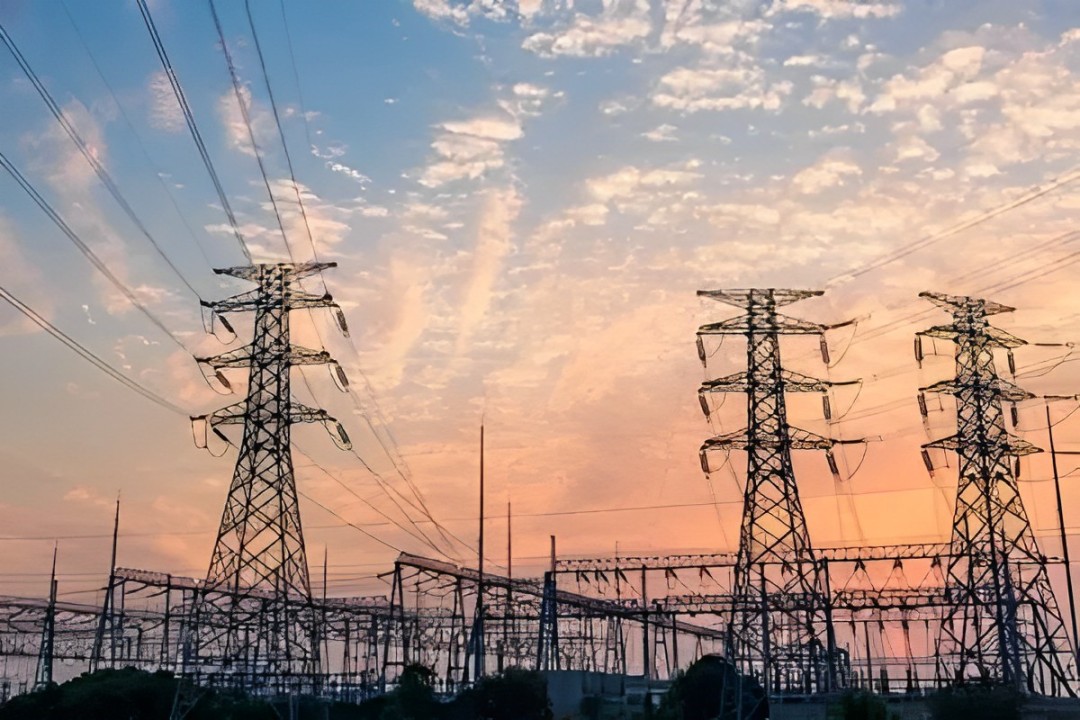
Background and Objective
In light of the ongoing energy challenges faced by Ukraine and Moldova, the EU’s decision to increase power export capacity is strategic and timely. These nations have long relied on EU support to meet energy demands, especially during the harsh winter months. This initiative not only ensures a stable power supply but also strengthens the resilience of the Ukrainian and Moldovan energy systems as they prepare for winter.
The EU’s support reflects broader goals of solidarity and cooperation, as emphasized by European Commission President Ursula von der Leyen in her address in September, where she outlined the EU’s priority to help Ukraine brace for winter. Energy security is central to the EU’s efforts, and expanding power exports is a significant step toward meeting this commitment.
Importantly, this increase in export capacity brings with it a greater need for reliable high-voltage transmission cables. As the power flow between the EU and neighboring countries grows, so does the demand for infrastructure capable of handling increased loads. High-quality cables are essential to minimize energy loss and maintain efficiency over long-distance transmission, ensuring that the expanded power supply reaches Ukraine and Moldova reliably.
EU and Transmission System Operators: A Collaborative Effort
The collaboration between the EU and transmission system operators (TSOs) is crucial to the successful implementation of this initiative. ENTSO-E, representing TSOs from across Europe, plays a central role in coordinating cross-border power exchanges and maintaining grid stability. By working together, the EU and TSOs have paved the way for the capacity increase from 1700 MW to 2100 MW, ensuring that the expanded exports do not compromise system reliability or safety.
This increase in capacity places greater demands on the transmission infrastructure, particularly the high-voltage cables that connect European power grids with those in Ukraine and Moldova. Reliable, efficient transmission cables are essential to maintaining stability in these transnational power networks, as they minimize the risks of power loss and help balance supply across borders. ZMS Cable, for instance, offers high-quality cables that meet international standards and can withstand the demands of long-distance, high-voltage transmission. These cables play a critical role in ensuring that power flows safely and efficiently from the EU to its neighboring countries.
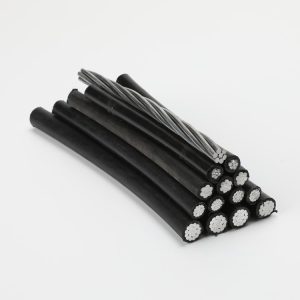
Winter Power Supply and System Stability: The Role of Quality Transmission Cables
The EU’s decision to increase power exports to Ukraine and Moldova during the winter months is a strategic move to support energy security. However, winter poses unique challenges for power transmission, as low temperatures and increased demand can strain transmission systems. Ensuring stable power supply under these conditions requires robust infrastructure, including high-quality cables designed for resilience and efficiency.
Transmission cables play a vital role in meeting these demands by ensuring stable power transmission across borders. Advanced cables with low-loss conductors, such as those produced by ZMS Cable, are designed to handle high voltages while minimizing energy loss. These cables are also built to withstand extreme weather, making them ideal for winter conditions in Eastern Europe. With their durability and reliability, ZMS cables ensure that power can be delivered consistently, even in challenging climates.
Quality cables also contribute to system stability by minimizing transmission losses and reducing the need for frequent repairs, which can disrupt power flow. By investing in durable, weather-resistant cables, the EU and its transmission partners can ensure that expanded power exports to Ukraine and Moldova are reliable, supporting regional stability.
Future Dynamic Adjustments: Monthly Reassessment and Sustained Cable Demand
From March 2025 onwards, the EU and TSOs will conduct monthly assessments of the commercial capacity limits for power exports to Ukraine and Moldova. This flexible mechanism allows for adjustments based on energy demand and supply conditions, ensuring that the power export strategy remains responsive to changing needs.
As power demands increase, this dynamic assessment approach could lead to further expansions in transmission capacity. Such expansions will require sustained investments in high-quality transmission cables capable of handling increased loads. Suppliers like ZMS Cable, known for their durable and efficient transmission cables, play an essential role in supporting these future adjustments. By continually innovating and preparing for potential demand surges, ZMS and similar suppliers help ensure that Europe’s energy infrastructure is ready for whatever challenges may arise.
The EU’s ability to quickly adapt its power export strategy highlights the importance of a resilient cable supply chain. Reliable cable suppliers are crucial for maintaining a stable power network, especially as demand fluctuates. By fostering close relationships with reputable cable manufacturers, the EU can better secure its energy future and continue supporting its neighbors in times of need.
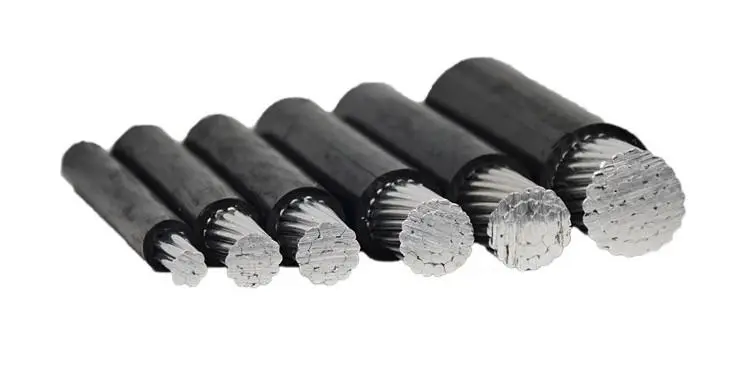
Comments from EU Energy Commissioner and Policy Stance
EU Energy Commissioner Kadri Simson emphasized the significance of the EU’s expanded power support to Ukraine and Moldova, highlighting it as a testament to the solidarity within the European energy sector. This commitment to cross-border cooperation underscores the EU’s role as a key player in ensuring regional energy stability.
Commissioner Simson’s remarks also reflect the EU’s dedication to maintaining high standards for energy transmission infrastructure. The emphasis on quality transmission cables is integral to the success of this initiative, as only top-tier cables can deliver power over long distances without compromising efficiency or safety. This priority aligns with the EU’s policy of investing in robust infrastructure to ensure long-term energy security for both the EU and its neighboring countries.
Broader EU Energy Assistance to Ukraine and Moldova
Beyond increased power exports, the EU has launched several initiatives to bolster Ukraine’s energy security this winter. At a joint press conference with the International Energy Agency (IEA) on September 19, President von der Leyen and IEA Executive Director Fatih Birol announced new support measures for Ukraine, aimed at addressing immediate energy needs and enhancing system resilience.
These measures include upgrading critical energy infrastructure, such as transmission cables and substations, to withstand both environmental and operational challenges. By reinforcing infrastructure in Ukraine and Moldova, the EU is laying the groundwork for a more resilient and self-sufficient energy system. This comprehensive approach also involves partnering with cable suppliers like ZMS, who provide the durable, high-quality products essential for reliable power transmission in volatile conditions.
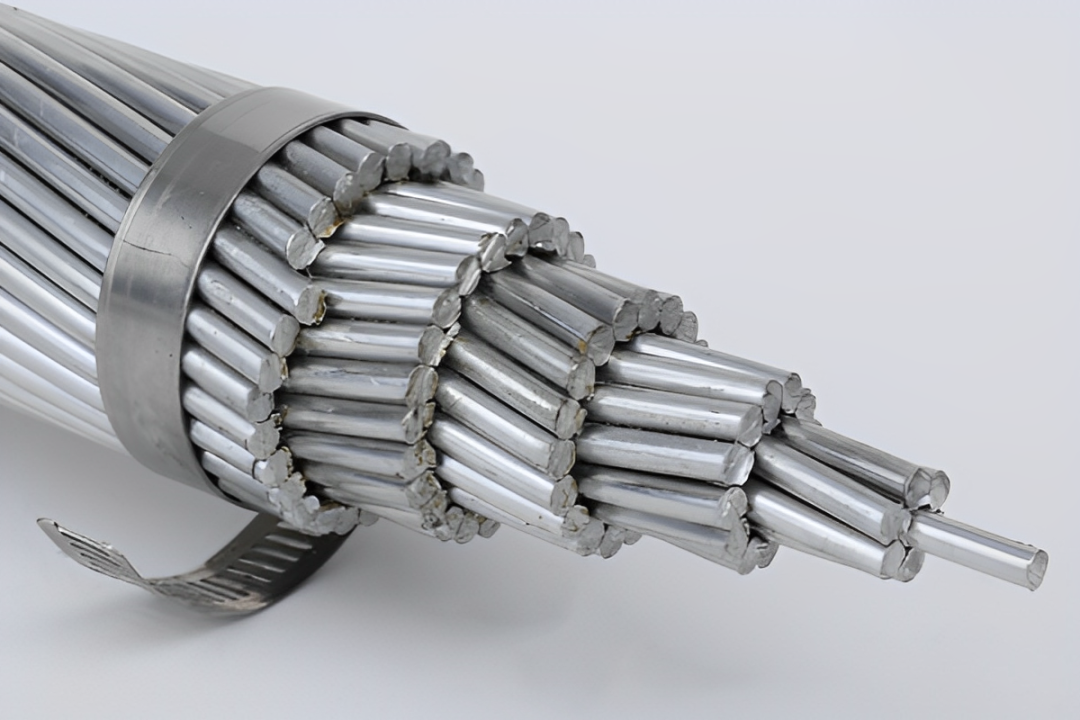
Future Challenges and Outlook: The Role of the Cable Industry
While the EU’s increased support is crucial, it also brings challenges, particularly regarding winter energy supply and resilience in the face of potential climate-related disruptions. Maintaining stable power exports requires a robust transmission network, which depends heavily on the quality of cables used.
As demand for reliable transmission cables grows, cable suppliers like ZMS will play an increasingly important role in supporting the EU’s energy initiatives. With expertise in producing high-performance, weather-resistant cables, ZMS and similar companies are well-equipped to help meet Europe’s evolving energy needs.
Looking ahead, the cable industry will be essential in enhancing energy resilience, especially as the EU seeks to expand its energy cooperation with neighboring regions. Continued investment in cable technology and supply chain resilience will be vital to securing Europe’s energy future.
Potential Impact on Energy and Cable Markets
The EU’s increased power exports to Ukraine and Moldova are likely to affect both energy and cable markets, especially as winter demand peaks. Higher demand for electricity and transmission infrastructure could drive up prices in the energy sector, while the need for high-quality cables may influence market trends in the cable industry.
Companies like ZMS, with a strong track record in cable production and innovation, are well-positioned to meet these demands. Their focus on producing durable, high-performance cables aligns with the EU’s objectives, ensuring that Europe’s power transmission network remains resilient and efficient amid growing energy demands.
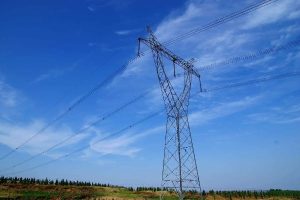
Phần kết luận
The EU’s expanded power support to Ukraine and Moldova underscores Europe’s commitment to regional stability and resilience. High-quality transmission cables, such as those provided by ZMS Cable, are integral to ensuring the stability and reliability of the power supply chain. As the EU continues to support its neighbors and adjust to changing energy needs, the role of the cable industry in enhancing infrastructure resilience will be more important than ever. This initiative not only strengthens energy security in Ukraine and Moldova but also solidifies the EU’s position as a leader in energy cooperation and infrastructure development.
By investing in quality cables and transmission infrastructure, the EU is setting a strong foundation for a more interconnected and resilient energy future.


